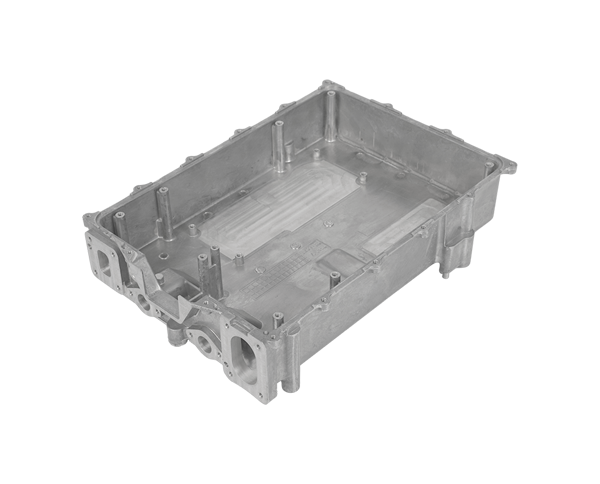2024-11-06 hits:0 source:News

Die-casting materials play a crucial role in the manufacturing process, determining the properties and performance of the final products.
Aluminum: One of the most commonly used die-casting materials is aluminum. It has several advantages, including lightweight, good corrosion resistance, and high thermal conductivity. Aluminum die-castings are widely used in the automotive industry for components such as engine blocks, transmission housings, and wheels. It is also popular in the production of electronics enclosures and various consumer goods due to its ability to be easily shaped and finished. Different aluminum alloys are available, each with specific characteristics. For example, some alloys are strengthened for better mechanical properties, while others are optimized for better casting fluidity.
Zinc: Zinc die-casting is another prevalent option. It has excellent castability, allowing for the production of complex and detailed parts with high precision. Zinc alloys are known for their good dimensional stability and low melting point, which reduces energy consumption during the casting process. They are commonly used in the production of hardware, toys, and decorative items. Zinc die-castings can be easily plated or coated to improve their appearance and corrosion resistance.
Magnesium: Magnesium is a lightweight metal that is increasingly being used in die-casting, especially in applications where weight reduction is a priority, such as in the aerospace and automotive industries. It has a high strength-to-weight ratio and good damping properties. However, magnesium is more reactive than aluminum and zinc, requiring special handling and processing techniques to ensure its proper use in die-casting.
Copper: Copper and its alloys are also used in some die-casting applications, although less commonly than aluminum, zinc, and magnesium. Copper has excellent electrical and thermal conductivity, making it suitable for components in the electrical and electronics industries. It can also be used for decorative purposes due to its attractive color and finish.
Other materials: In addition to the above, there are other materials that can be used in die-casting, such as lead alloys (although their use is being limited due to environmental concerns) and some specialty alloys for specific applications. The choice of die-casting material depends on various factors, including the requirements of the end product, cost considerations, mechanical properties needed, and the manufacturing process capabilities.
Read recommendations:
Under what environmental conditions should aluminum alloy die castings be stored
lf you have any questions or comments, you can leave us a message and we will reply to you as soon as possible
